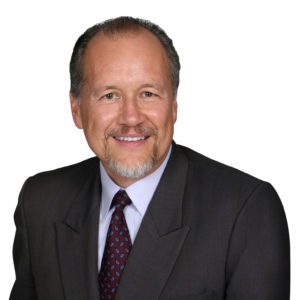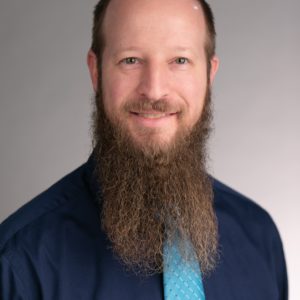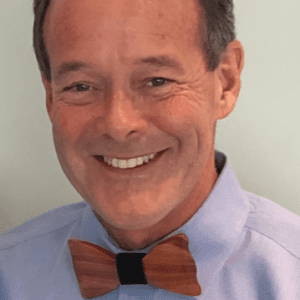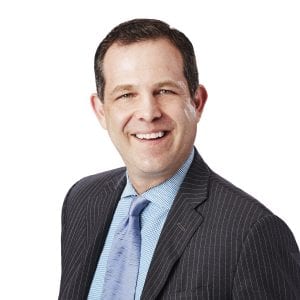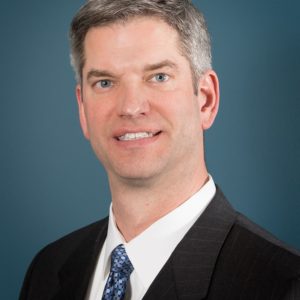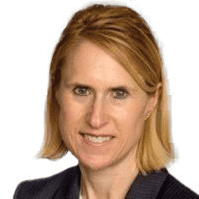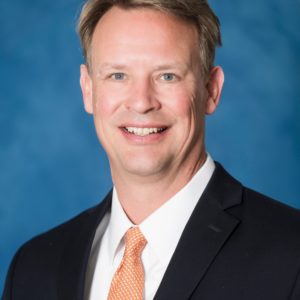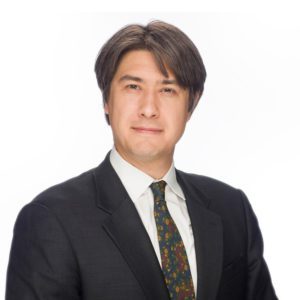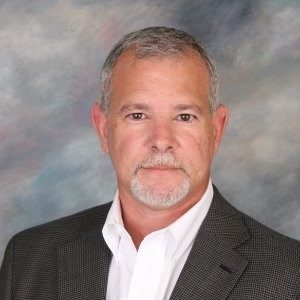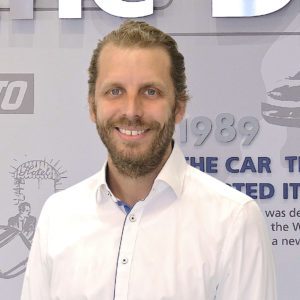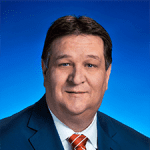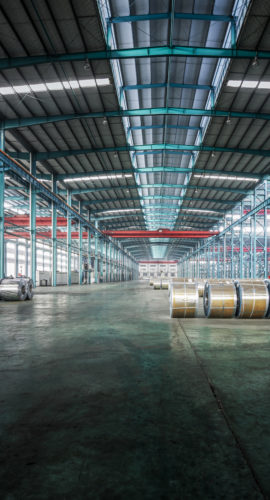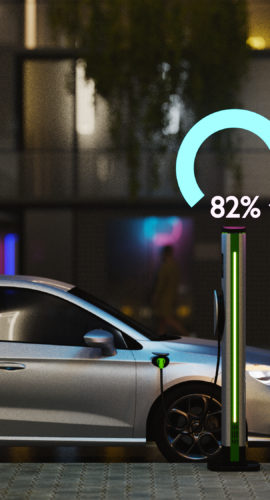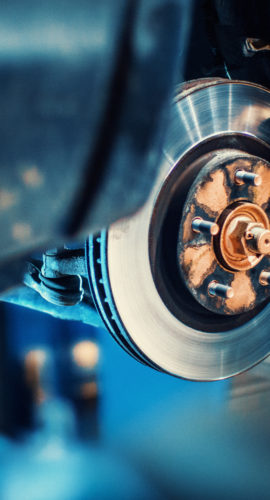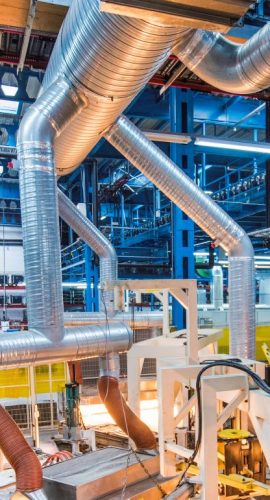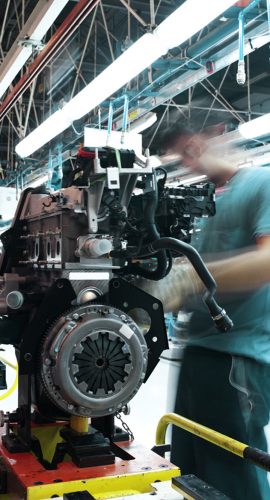Overview
Driven by the need to correct the challenges and limitations of current supply chain practices and the evolution to alternative fuel vehicles, manufacturers and suppliers are adopting a variety of mitigation strategies. From a shift in manufacturing regions (in-house or nearshoring operations) to a change in methodology (additive manufacturing or increased recycling), what has the industry done to adapt to disruptions and what are we doing to prepare for the future?
This panel is sponsored by Plante Moran.
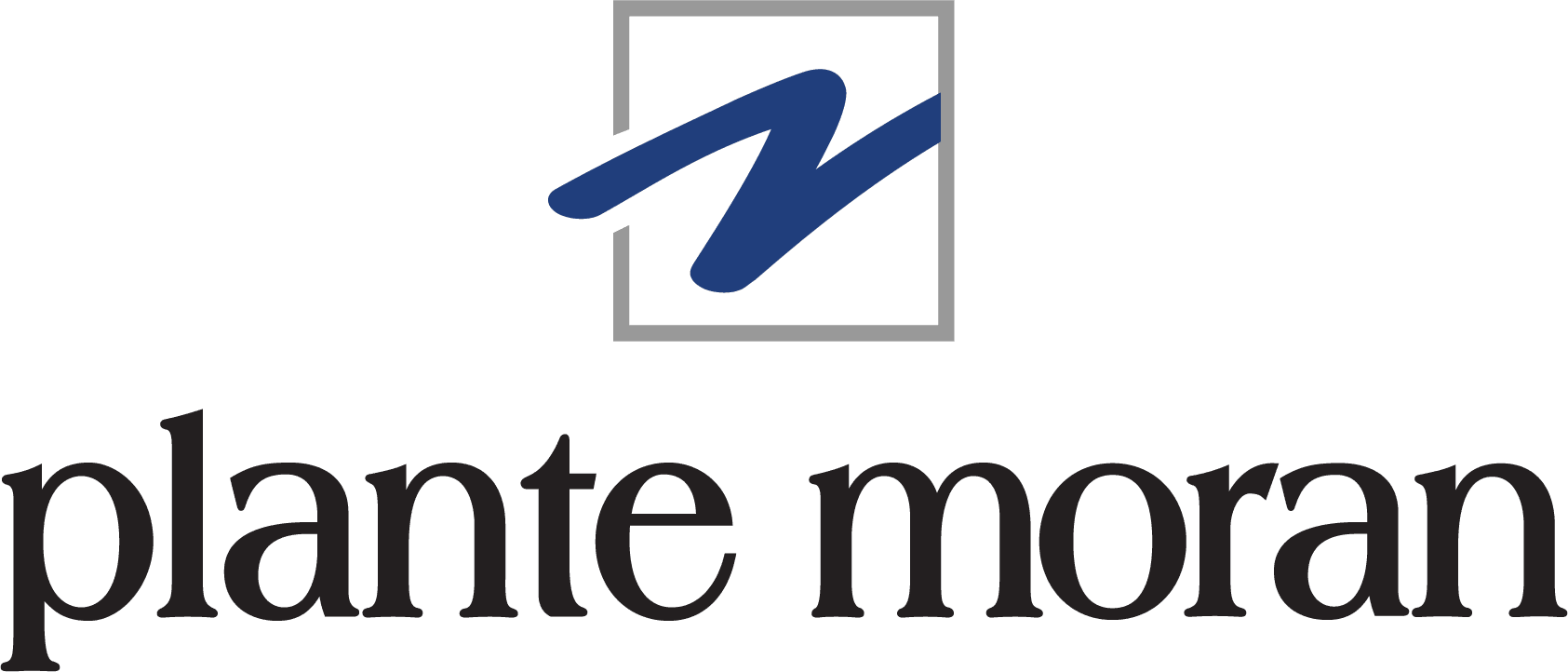
Speakers
Overview
Every solution, at scale, creates a new set of problems. This will also be true for connected, autonomous, and electric vehicles as their production and use accelerates. Solving the challenges ahead will require numerous technological innovations and potentially a paradigm shift to keep pace with the developing world (solar abundance, circular economy, and appropriately sized vehicles for their intended task). Dr. Christopher Borroni-Bird, brings a rare, holistic view of global mobility, having spent the principal part of his career leading advanced mobility initiatives at several automotive and technology companies.
-
Dr. Christopher Borroni-Bird
Founder | Afreecar LLC
Dr. Chris Borroni-Bird is an independent consultant on future mobility and also provides technical due diligence on companies in the future mobility space (e.g., EV and AV startups). In addition, he is creating an innovative power+transport solution for underserved communities around the world, including sub-Saharan Africa.
Overview
The automotive industry is controlled by regulations governed by multiple international, national and state-specific agencies. How do these various regulations (or lack thereof) provide opportunities and obstacles for investors, suppliers, and OEMs? How will emerging technologies in the automotive industry be impacted?
Speakers
-
Jonathan Miller
D.C. Office Member-in-Charge | Frost Brown Todd
Moderator -
Rich Davies, Ph.D.
Director | Sustainable Transportation Program, Oak Ridge National Laboratory (Department of Energy)
Panelist -
Brian Daugherty
Chief Technology Officer | OESA
Panelist -
Joanna Foust
Vice President, Government Relations | Subaru, Inc.
Panelist -
Mark Johnson
Vice President, Governmental Affairs | Toyota
Panelist -
Kuniharu Tanabe
Director | Mobility Automotive Industrial Strategy Office, Ministry of Economy, Trade, and Industry (Government of Japan)
Panelist -
Yugo Nagashima
Member | Frost Brown Todd
Translator
Overview
In the United States, readiness for alternative fuel vehicles (AFV) is high due to favorable government initiatives to curb greenhouse gas emissions and significant investments from large operators in infrastructure. What considerations should be made, especially as manufacturers propel their AFV offerings into the U.S. market, in order to translate to widespread adoption and success? And more importantly, how are we defining success?
Speakers
-
Mekesha Montgomery
Member | Frost Brown Todd
Moderator -
Brenda Brickhouse
Technical Executive | Electric Power Research Institute
Panelist -
Todd Coy
Vice President | Retriev Technologies Inc.
Panelist -
Michael Schönberger
Global Director, Engineering Charging Systems | Webasto Inc.
Panelist -
Paul D. Degges, P.E.
Deputy Commissioner and Chief Engineer | Tennessee Department of Transportation
Panelist
Overview
Technology and society can change in both incremental and dramatic ways, and understanding both time scales can help us to better understand what the future may really hold. This session will introduce some of Toyota’s thoughts on the possible evolution of technology as it relates to mobility, which will lead to a broader discussion on the future of our world.
-
Paul Fanson
Senior Manager, Research & Development | Toyota
Paul Fanson is a Senior Manager of the Future Value Creation group of the Advanced Product Planning Office of the Toyota Motor North America R&D Pillar, located in Ann Arbor, Michigan. His work focuses on the identification and coordination of new vehicle and advanced mobility technologies.


